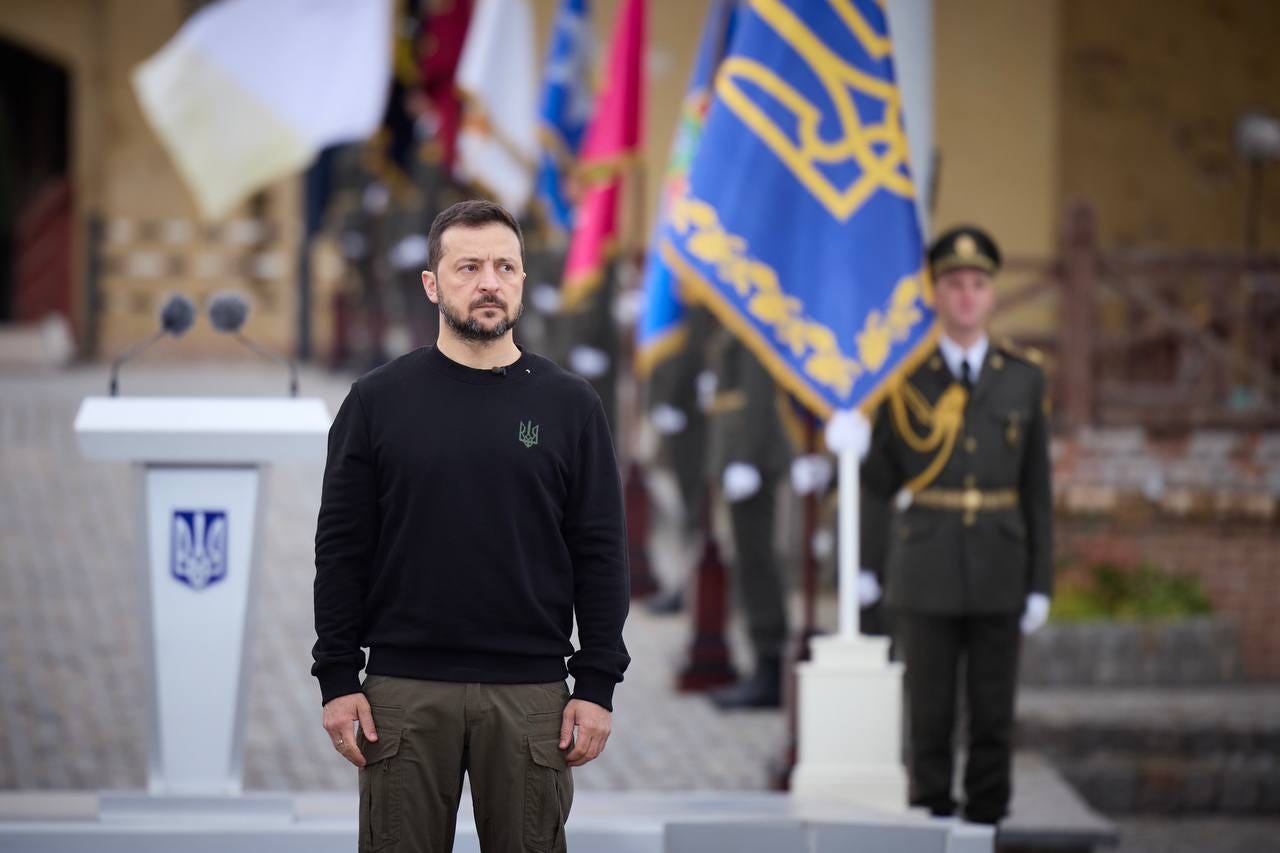Day 952
More clever than I

We are all in favor of progress, but Ukraine is not making much these days, at least not on the battlefield. Russian invaders overran Vuhledar yesterday and we don’t know the fate of soldiers attached to the brigade that defended the town for the last two years.


